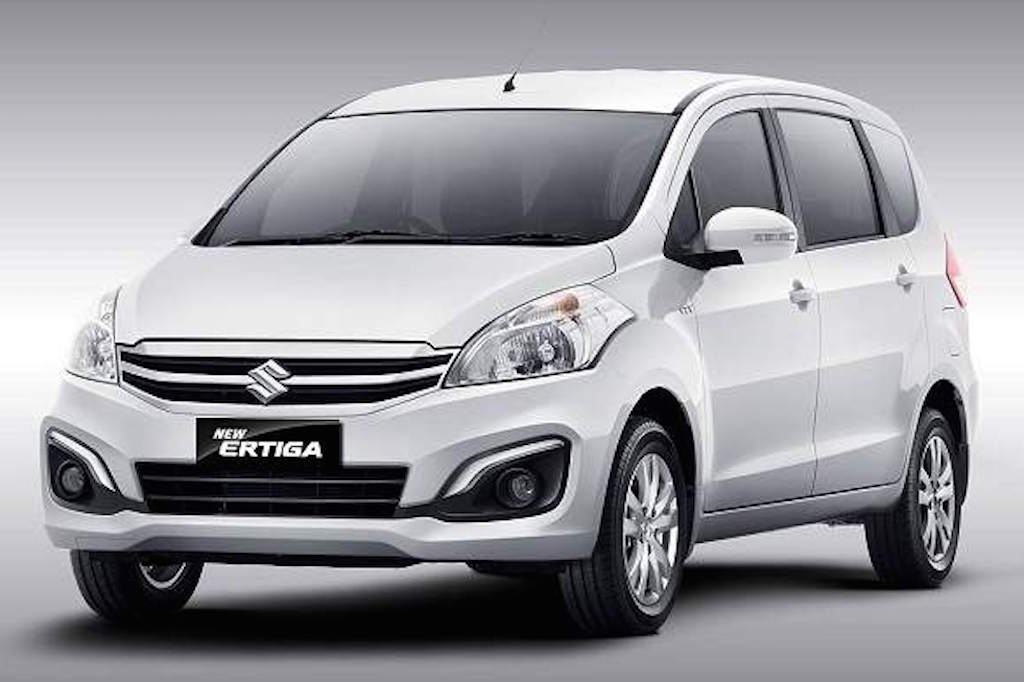Maruti Suzuki has been successful in introducing new technologies in sub Rs. 10 lakh cars. Almost 60% sales of Maruti Ciaz, Ertiga sales are coming from the SHVS variants.

Adaptation of technologies has always been the success mantra for any manufacturer and the company which chants it in India is none other than Maruti Suzuki. The Indo-Japanese collaboration has introduced the right technologies at the right time and the company has been tasting success for the same. The recent technologies that have been contributing to the sales are Automated Manual Transmission (AMT) and Smart Hybrid Technology (SHT).
Maruti Suzuki introduced the automated manual transmission technology with the Celerio in 2014 while a few months ago the diesel Ciaz was powered by SHVS technology was launched in the market. Both the technologies spread like wildfire across their portfolio. As of date the AMT fitted Celerio, Alto, WagonR and Dzire have fetched sales over 1 lakh units.
The company sold 47,000 units of SHVS versions of the Ciaz and Ertiga accounting a contribution of 60% and 57% respectively to overall sales. Previously both the models used to sell in equal ratios for both petrol and diesel; but post introduction of SHVS, sales for the latter increased substantially. In fact the market response was so good that Maruti Suzuki decided to scrap the raw diesel version and sell these vehicles in only the SHVS versions.
The company claims that the SHVS tech has improved fuel efficiency (18% for the Ertiga) and also emits lesser pollution. In order to promote sales of eco-friendly vehicles, both the Ciaz and Ertiga get an incentive of Rs. 13,000/- under the union government’s National Electric Mobility Mission Plan (NEMMP) 2020. Being hybrid, the SHVS vehicles also get a tax benefit as customers would be paying only 12.5% when compared to an earlier 24%.
Maruti Ciaz, Ertiga Sales Boost Due To SHVS
– Almost 60% of the sales of these cars come from SHVS trims
– Maruti has till date sold 47,000 units of the Ciaz and Ertiga SHVS
– The SHVS tech also produces marginally better fuel efficiency




